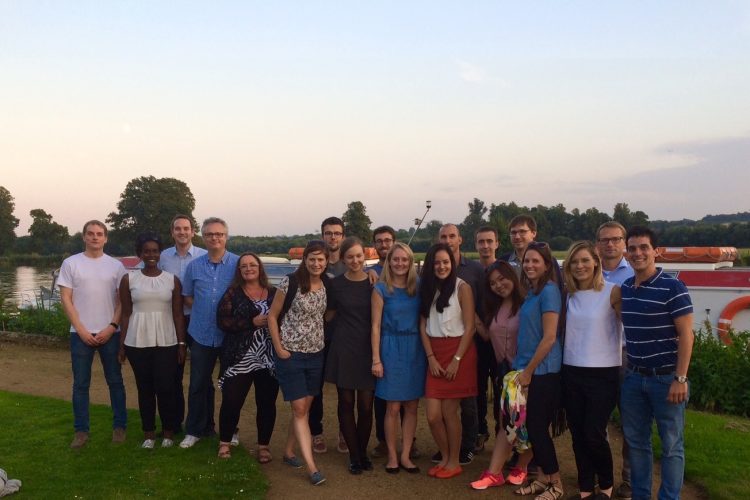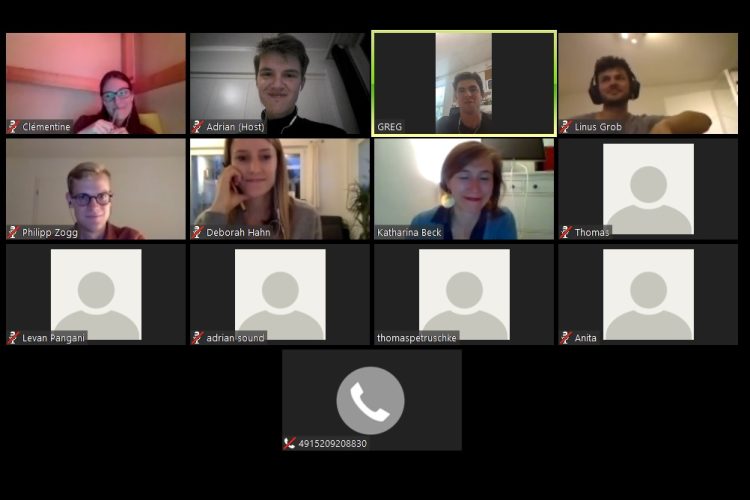Get to know oikos Hamburg and hear more about oikos projects. Read more about the event here
oikos Helsinki is pleased to invite you to their movie night, which will take place on October 20 at 4:30 PM, in Futurum at Hanken School of Economics. The...
Movie screening by oikos Reutlingen. Will be screened documentary: “We Feed the World – Essen global” Read more information in German here.
On September 14, 2016, a vibrant workshop brought together students for discussing their projects’ impact. The event was centered around the question of how to achieve intended impacts of...
Many “developing” countries are in a time of transition from agriculture or natural resource-based economies to industrial economies. This raises many questions: Why? How? What is the role of...
It’s been almost half a century since Claude “Cloclo” François, full of melancholy, sang “Comme d’habitude.” And it is for the 6th consecutive year, that the FutureLab in St....
The first oikos alumni debate online took place on September 27th. It was the first 100% alumni international event: made by alumni for alumni! The evening was guided by...
Join oikos Reutlingen for the event and find out more about foodsharing. David Jans, food sharing ambassador for Baden-Württemberg, will share practical tips how to use food responsible. More information here.
Join oikos Reutlingen’s kick-off event and find out more about our activities and how to make the world better place. More information here.
Join oikos Reims at the forum of assosiations on 6th of October. Ream more information (in French) here.




